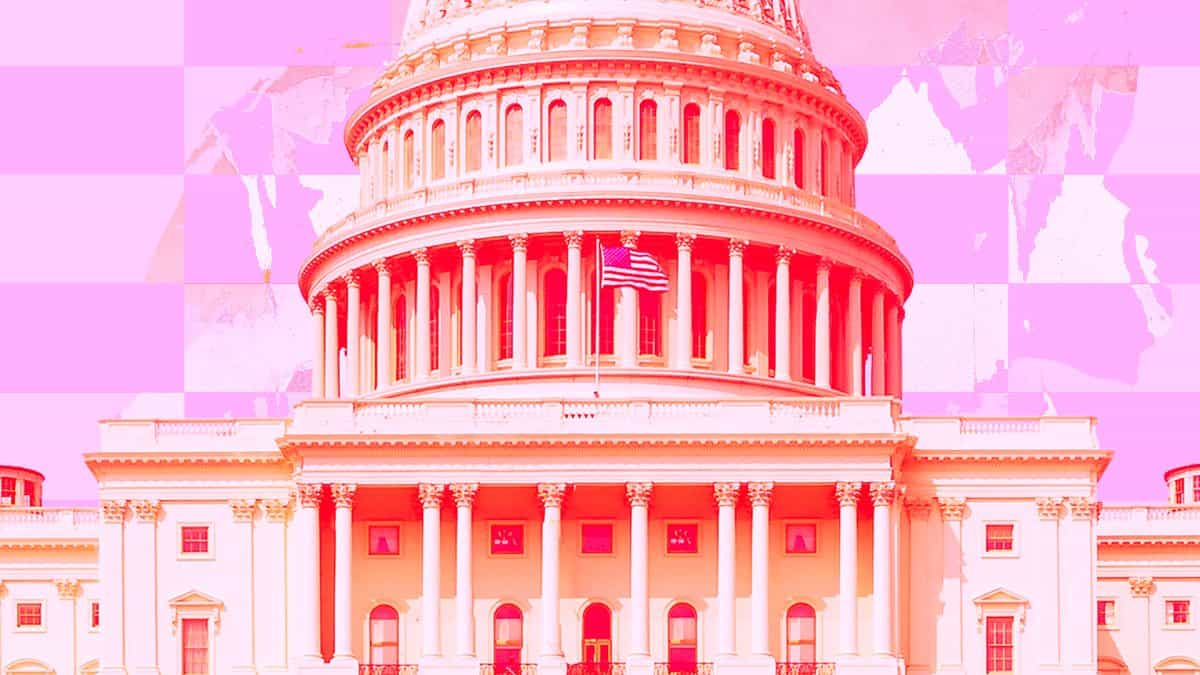SEC, Ripple receive mixed ruling on XRP status as security with trial now possible

Quick Take
- A federal district judge declined to issue a summary judgement requested by both the Securities and Exchange Commission and Ripple in the enforcement over whether XRP is an unregistered security, sending the issue to trial.

A contentious lawsuit between the Securities and Exchange Commission has been ordered to trial after a federal judge declined to conclusively resolve every question within the case.
Southern District Court of New York Judge Analisa Torres’s decision marks a continuation in a years long dispute between Ripple and the SEC.
At the heart of that dispute is whether the company’s native XRP token is an unregistered security, and the sale of it, which has banked the company billions, is unlawful. The agency accused Ripple in 2020 of illegally raising $1.3 billion through the sale of XRP and also sued CEO Brad Garlinghouse and co-founder Chris Larsen. XRP became the fourth-largest cryptocurrency by market capitalization, after its price shot up by approximately 63% after the news broke, according to price information from CoinMarketCap.
Torres ruled partially in favor of both sides. She agreed with the SEC's argument that direct sales of hundreds of millions of dollars worth of XRP sold to institutional investors were unlawful securities sales, but took Ripple's side on other "blind bid" sales, where Ripple did not know who the buyer was, ruling that those did not break securities laws. The blind bid sales in question in court, so-called "programmatic sales," brought in approximately $757 million, while the institutional sales at issue were worth $728.9 million.
The programmatic portion of the ruling could have broad impact for other crypto tokens, though the ruling could be appealed by both sides.
"For the foregoing reasons, the SEC’s motion for summary judgment is granted as to the institutional sales, and otherwise denied," the judge ruled on Thursday. "Defendants’ motion for summary judgment is granted as to the programmatic sales, the other distributions, and Larsen’s and Garlinghouse’s sales, and denied as to the institutional sales."
Torres left the matter of whether Garlinghouse and Larsen are personally at fault for the institutional sale violation to a jury trial.
The judge will set a trial date in a separate order.
SEC leaves door open for appeal
In a statement provided to The Block, an SEC spokesperson left the door open for an appeal of the decision, saying the agency is still reviewing it while commending the portions where Torres sided with them.
"We are pleased that the court found that XRP tokens were offered and sold by Ripple as investment contracts in violation of the securities laws in certain circumstances," the SEC said in a statement provided to The Block, touting that the court agreed with the agency on application of the Howey test to crypto transactions while characterizing Ripple's own securities test as "made-up".
Meanwhile Garlinghouse took to Twitter to celebrate.
"We said in Dec 2020 that we were on the right side of the law, and will be on the right side of history," Garlinghouse wrote in a tweet. "Thankful to everyone who helped us get to today’s decision – one that is for all crypto innovation in the US. More to come."
UPDATE: Updated with additional information from the judge's order, market reaction to the news, and comment from the SEC.
© 2023 The Block. All Rights Reserved. This article is provided for informational purposes only. It is not offered or intended to be used as legal, tax, investment, financial, or other advice.





